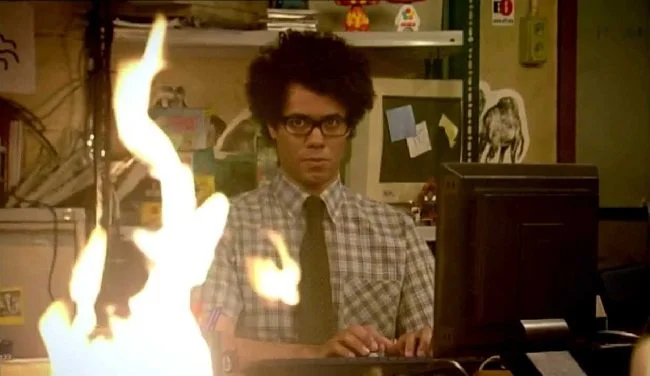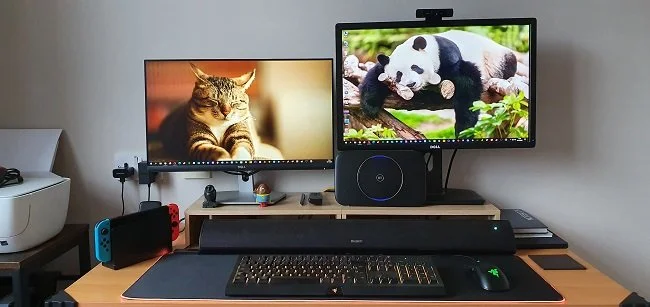A Year in TV
It is fair to say that we live in an age where we do not lack quality TV. There are numerous shows that have garnered critical acclaim or a strong word of mouth following that are deemed “must see” viewing. No doubt you, like myself, have a long “to do” list of programs that you need to “get round to watching” on top of those shows which are staples of your viewing regime. If you didn’t have enough programmes already to catch up with, we all have friends and family telling us about a “great show” that’s on a platform we don’t subscribe to, that we really need to see. It is quite extraordinary and a far cry from my youth when the UK simply had three terrestrial channels until satellite TV became popular in the late eighties. To paraphrase the former Prime Minister Harold Macmillan “we’ve never had it so good”.
Yet there are downsides. The most obvious one is the fact that most people cannot subscribe to all the platforms they would like to and that there are simply too many competing services. So we all make tough choices based on what permutation of subscriptions offers us the most choice and then use other family member’s login details to cover the shortfall. Then there is the concept of “TV poverty” for those on low incomes who have no other recourse other than what is available for free. Internet access is still poor in some regions of the UK, meaning that streaming is not always the best option available. It has been mooted that the UK government intends to phase out digital terrestrial television by 2030 and replace it with streaming exclusively but until the internet divide is addressed i cannot see this being viable.
Freely, the proposed streaming replacement for UK digital terrestrial TV
TV has always had a curious relationship with cinema. In many ways they have been opposites at different periods of time. In the fifties and sixties cinema was considered the cerebral medium and TV was the poor, populist relation. At present it is the opposite. Film is driven by franchise spectacles, where TV is the home of complex, well written dramas. That being said, TV is not averse to creating franchises with an eye on long term longevity. This can come with its own set of problems. I started watching From on the understanding that this complex sci-fi horror drama would not make the same mistakes as the TV show Lost. Sadly the plot is dragging and there is little progression. One cannot escape the feeling that this show with its interesting premise and strong cast, is deliberately being dragged out for obvious financial reasons at the risk of the public just getting bored and switching off.
Another issue is time that elapses between seasons of a popular show. If more than a year goes by then it can be a struggle to recollect all nuances of the plot. Sometimes, I will have to rewatch the final episode of the previous season to jog my memory. On a few occasions, I have watched YouTube summaries of the previous series to bring me back up to speed. I find it kills your interest in a show if you have to do homework to keep on top of it. Sadly, some shows just drag on too long and end up diminishing their brand. It is argued that the optimal number of seasons is between five and seven. NCIS is a prime example of a popular show that has just gone on for too long. The most beloved characters have gone and it currently suffers from very poor writing. Conversely, its recent spinoff show, NCIS Origins, is the complete opposite with tightly written, well conceived and minimalist episodes.
NCIS Origins is a far better written show than NCIS
I enjoy good television but if left unchecked it could totally monopolise all my leisure time. Therefore I will make the decision to not watch some shows as I would rather spend the time on some other hobby. Unfortunately, just like the film industry, the current business model for television has an element of “fear of missing out” built into its marketing. Do you want to be one of the “cool kids” discussing the latest episode of a show and thus be part of a shared cultural moment, or will you watch it a couple of years later and discover that none of your mates want to talk about it anymore as they’ve moved on? Another cultural change is whether we “accept” that YouTube is a form of TV? I regularly watch YouTube on my lounge TV and for many, this is what they watch instead of “old school” TV. I suspect that 2025 will have more changes in store for us and will therefore be an equally interesting year in television.































